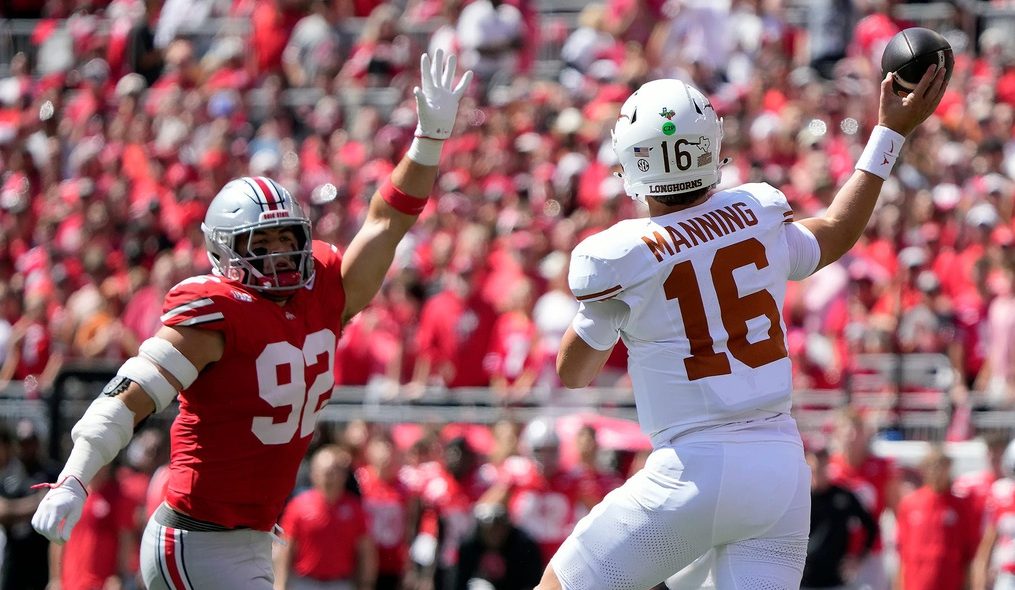By: Trace Welch, @twelch88

The NCAA Tournament is a yearly nationwide event that takes intense planning and cooperation among numerous different parties in order to achieve success. Throughout the country, cities and regions take on the task of being a host city, which entails many different responsibilities. The planning and coordinated cooperation takes months to put into place and can put a strain on financial and physical resources. Despite the effort and hard work it takes to be a host city for the NCAA tournament, there are numerous benefits, which is why you see cities reapply to be hosts every year during the NCAA tournament.
There are specific requirements to be a host city for the NCAA tournament regarding size of arena, access to lodging and public transportation, as well as size of the host area. The sports commission and foundation group or other similar section of the municipal government is in charge of putting together a bid requesting to be a host city. It is a painstaking and detailed process that is done in hopes of bettering the city during the period of the NCAA tournament. City officials believe there is a significant economic benefit to hosting a portion of the NCAA tournament, which is why so many resources are devoted to putting together a bid.
When trying to determine the economic impact that an event has on an area there are numerous methods utilized to come up with a finite figure, which leads to a lot of variability in final calculations. When it comes to calculating the impact of hosting the NCAA tournament, almost all economic experts are in agreement that the hosting area receives an economic stimulus that makes hosting more than worthwhile. During the 2015 NCAA tournament, Seattle was chosen as one of the host sites, and the Seattle Sports Commission developed high tech computer software to estimate the economic benefit of hosting the NCAA tournament. This software estimated “$7.8 million in economic benefit and $957,000 in tax revenue for the greater Seattle area.”[1] When breaking down the estimates into categories it is easy to see how profitable hosting the NCAA tournament could be. The software estimates “11,678 lodging “nights” booked, generating $1.9 million in benefits. After that, it shows $1.4 million generated for transportation, $1.3 million for food and beverage, $1.4 million for recreational activities, $1.3 million for retail, $173,000 in space rental and $100,000 for business services.”[2]
When it comes to hosting cities, not all cities will get a “fair shake”. Some cities will receive more favorable games, such as rivalries that will generate greater interest and attendance. Also, it would be more favorable for a host city to be hosting teams with larger fan bases that travel well. Another important factor for hosting cities is the proximity of participating teams to the city that they are playing in. It would make more sense that the shorter distance fans have to travel, the more likely it is that more fans would show up and spend their money increasing the economic impact of hosting.
As was outlined, there are many benefits to being a host city during the NCAA tournament. Although each city will see some sort of economic stimulus from hosting during the tournament, there are a multitude of factors that could impact the amount of economic benefit from hosting including the matchups that are generated, the proximity of participating schools to host sites, and the size of the fan bases of the respective participating schools. Depending on these factors, some host cities will have a greater economic impact to their area than other cities, however, most experts are in agreement that hosting the NCAA tournament will create a substantial economic stimulus for the hosting city and surrounding areas.

















